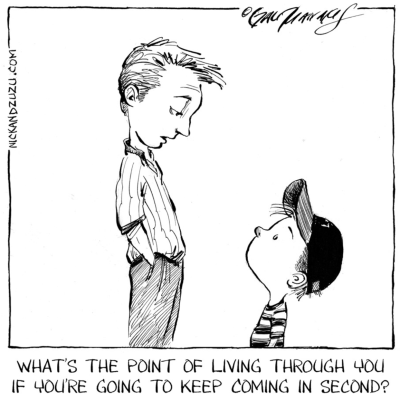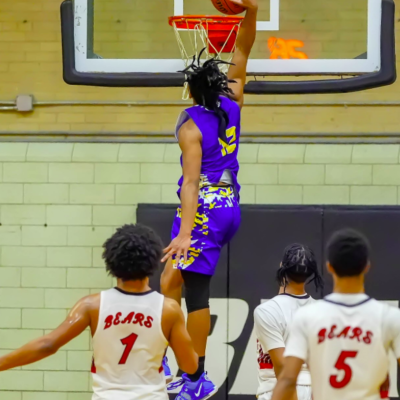Championships are won at practice!
It was a very humid day; the air felt so sticky and dry. My team and I had just arrived at the opponent’s football field. Everyone unloaded cleats, water coolers, and other football material from the coach bus. I began stretching my legs. My teammates were warming up on their routes. Our varsity player Calvin begins chanting a pregame speech. Our bodies sway side to side as we all chant with him. I could feel my energy rising, and I felt excited. This game was very important because of the pressure that was laid upon us. It was our first JV game. If we lost this game, it would not only make us look bad but the Varsity as well. I was determined to carry the team to victory.
In my freshman year of high school, I joined the football team. I spent the first half of my life in Georgia and the other half in NYC. Living in Georgia where there were so many fields, there was no way as a kid you weren’t doing some sort of sport. In high school, I started to get a taste of the actual tackle football sport. I was not prepared for the hell that came with it. For example, getting hit by someone who can legally drive a car and me coming out of middle school, hurt. And the worst part is, it’s not an instant hurt. It’s after a few minutes you can feel your chest stinging and your eyes start to water kind of hurt. Going home every day tired, legs barely managing to hold you up was not what I was expecting. Since the pandemic, the Junior varsity and the Varsity had to mash up. Put it like this: you’re a 14–15-year-old going against a 16–18-year olds. The conditioning was brutal — having to run until your lungs start bleeding and begging you to take a break. This didn’t stop me though, because the sport was just too fun. Older players always looked out for me and helped. The team was so supportive.
As the JV game progressed, I became visibly upset. My tone and expression had changed. I began to yell at my team for not being in the right position and dropping the ball. Getting upset and focusing on the score did not benefit me at all. It only started a chain reaction of me and my teammates getting mad at each other. We were yelling, and people began to go off in their own lane. With all the negativity going around, my attention started to slip away from the game. We had our little half-time pep talk which sort of boosted our self-esteem. We came back on the field hydrated and ready to win but that was not enough, as we still lost. I remember thinking “what a horrible way to start the season.” After some words of encouragement, I packed up and headed to the coach bus, ready to leave.
After that game, practice became even more extreme. with our coach emphasizing that we needed better teamwork, callouts, and focus. About a couple of days in, I could already see the improvement that happened because I started to talk to my teammates more, give callouts, and help them correct their mistakes. Cut to a few days later, I’m in our next game, and not so shockingly, my team ends up winning. Not only that game, but every single game after that we dominated. We were leaving our opponent with little to nothing on the scoreboard. The lesson I took from the whole experience was that I was a contributing player of the team and needed more team effort, practice, and better teamwork if I wanted to do anything. And this doesn’t just apply to sports: for anything that requires a group effort, you should always try your best to be a team player. Now, I try to look at two sides of the story when I feel frustrated. I look at my side and their side and try to come up with a solution. We should always try not to get mad and toss people’s ideas out the window. We should consider what they’re saying, to better work with them.
In the end, what I was taught by our coach was that I needed a lot more communication and that we had to be better teammates. And I think it paid off, because in future games we no longer ran into each other trying to catch the ball or putting other teammates down for their mistakes. I was taught how to be an actual teammate. I like to look back every now and then to see that what I had improved on ultimately led to us becoming the number 1 JV team in the cup division in New York. And cooperation is not only relevant in sports but all aspects of life. Not always are you going to be able to do everything on your own, so it’s important that you have some good social skills so that you and others can make a solid connection. For me, when I have group projects at school, I want to make sure me and the person(s) I’m working with always have good communication and understanding with each other. Oh, and our other coach made the news for winning Coach Of The Year and got a shoutout from the New York Jets. (They suck but It was still cool.) Nowadays I feel like I’m a more positive person, especially when it comes to working with other people.










